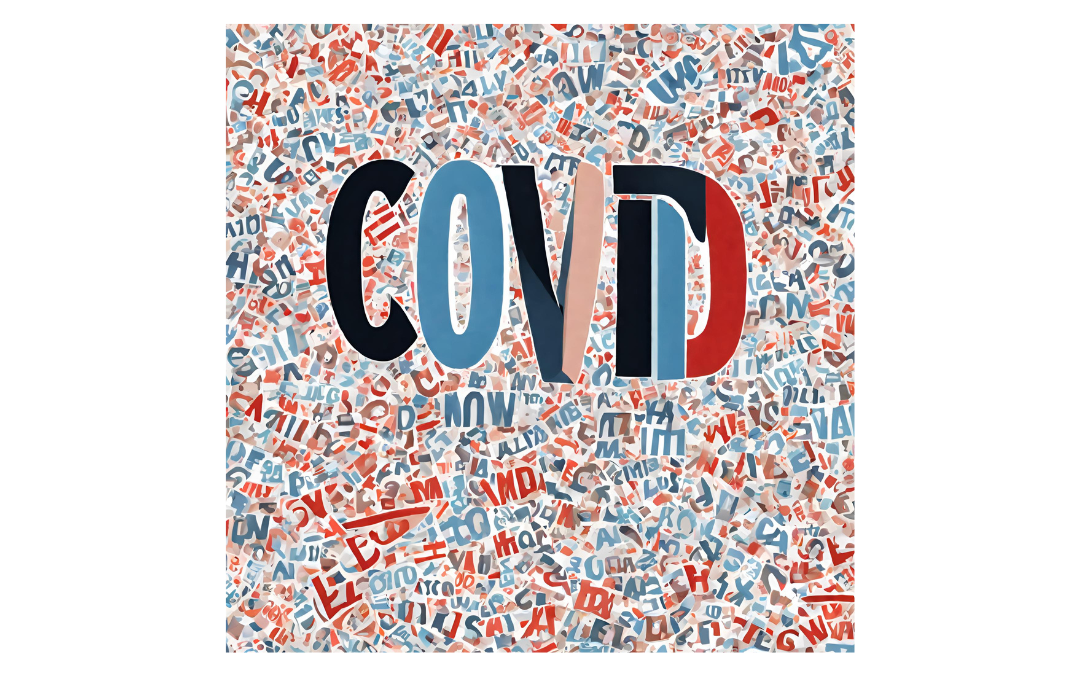As the COVID-19 pandemic continues to evolve, so does the discussion surround vaccines. While mainstream sources often emphasize the benefits of vaccination in preventing severe illness and reducing transmission, there’s a growing concern among certain circles about potential adverse effects. Among these concerns are claims that the COVID-19 vaccine may be linked to strokes, neurologic issues, and heart attacks. While these claims are often dismissed by official health organizations, some voices in the alternative health community raise compelling arguments worth considering.
One of the most contentious points of discussion revolves around the mRNA vaccines, and their alleged impact on neurological health. Some independent researchers suggest that the spike protein produced by these vaccines could potentially lead to inflammation in the brain, triggering neurological symptoms ranging from headaches to more severe conditions like strokes and neurodegenerative diseases.
Moreover, there have been reports of individuals experiencing blood clots, including those affecting the brain (known as cerebral venous sinus thrombosis), shortly after receiving certain COVID-19 vaccines, notably the AstraZeneca and Johnson & Johnson vaccines. While these occurrences are rare, they have fueled concerns about the safety of all COVID-19 vaccines and their potential to induce blood clotting issues, including strokes.
In addition to neurological concerns, some individuals have reported experiencing heart-related issues post-vaccination. These reports have led to speculation about a possible link between COVID-19 vaccines and heart attacks. While the mechanisms behind such potential adverse effects remain unclear, some theories suggest that vaccine-induced inflammation or immune reactions could inadvertently affect the cardiovascular system in susceptible individuals.
It’s important to acknowledge that the available data on these alleged adverse effects often come from anecdotal reports, social media posts, or alternative health websites rather than peer-reviewed studies. However, proponents of these concerns argue that mainstream medical authorities may downplay or overlook potential risks associated with vaccination, citing conflicts of interest and pharmaceutical industry influence.
Critics of these claims, on the other hand, emphasize the rigorous safety monitoring systems in place for vaccines and the overwhelming evidence supporting their overall safety and efficacy. They argue that while adverse events following vaccination are carefully investigated, they are often found to be coincidental rather than directly caused by the vaccine itself.
In conclusion, the debate surrounding the alleged link between COVID-19 vaccines and strokes, neurologic issues, and heart attacks underscores the importance of transparent communication, thorough research, and ongoing surveillance of vaccine safety. While some individuals remain skeptical due to alternative sources of information, it’s crucial to rely on credible scientific evidence and consult trusted healthcare professionals when making decisions about vaccination. As the world continues to navigate the challenges of the pandemic, ensuring public trust in vaccination efforts remains paramount in overcoming this global health crisis.
These articles, crafted by LeeAnn Seung Walton with insights from medical resources and ChatGPT, serve as a valuable reference guide. While these materials provide useful information, it’s crucial to consult your doctor for any additional questions or concerns.

